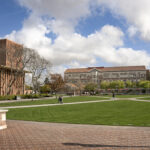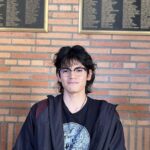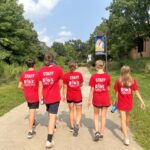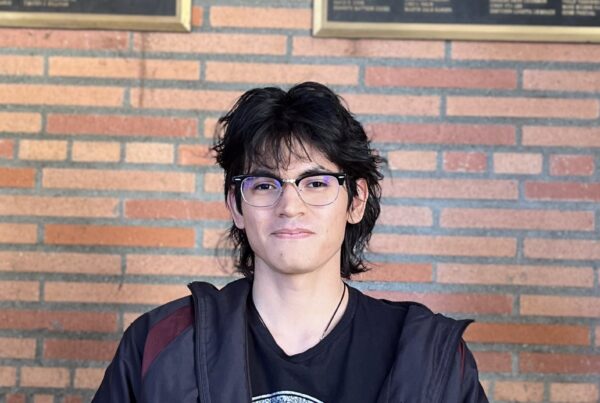This is a guest blog entry written by Melanie Arias. If you want to read more stories, visit viterbiadmission.usc.edu/latinxlives.
Hey there, my name is Melanie Arias. I’m a senior studying Aerospace Engineering at USC, and I was born and raised in Norwalk, California. My parents are both immigrants from El Salvador, and I’m the youngest of three children; I have an older sister and an older brother. My last few years at USC haven’t always been so easy and I’m sure many people have felt the same way.
I come from a predominantly Latinx community and high school, where I was accustomed to seeing so many people like myself with similar backgrounds. Norwalk is 25 minutes away from downtown LA and the USC campus, which doesn’t seem too far, but I experienced a huge culture shock once I got there. The surrounding community in Exposition Park was similar to my own, but inside the gates of campus was a different story. After starting my freshman year at USC, I realized I had gotten so used to my own little bubble back home, and I was overwhelmed by how many different people, perspectives, and backgrounds I was encountering. Aside from just the culture shock, a huge case of imposter syndrome was settling in as well. There’s no doubt I had worked tirelessly during high school to get into such a great school like USC, but I would always question if what I did was enough to prepare me for the next 4 years of college.

Imposter syndrome would, and sometimes still does, make me feel like I wasn’t doing enough because everyone else around me was doing “more”; more clubs/organizations, more research, more engineering experience, more of everything. It wasn’t until the end of my sophomore year that I started seeing the toll that all of this was taking on my mental health. Once I started accepting it and learning better coping mechanisms to deal with the anxiety and stress that I was under, I was able to take a step back and realize that I was doing enough for myself, which is all that matters. I realized that this degree that I’m working so hard for will have my name on it, no one else’s. Even though there isn’t anyone in my family that is an engineer and understands the pressures of being a STEM major, I found another familia with SHPE (Society of Hispanic Professional Engineers).
Every chance I get, I talk about SHPE; it’s only because these people are one of the reasons why I’ve been able to keep going despite the challenges I’ve faced. I’ve found people to confide in, people who care about my well-being, people who are also first-gen students, people who are struggling just as much as I am. I realized that so many of my friends were feeling just the same, and it only takes one person to start a conversation that will benefit everyone. So many of our members have faced difficult challenges and take the time to share their experiences to help others along the way. We lift each other up and learn how to become mentors and leaders. SHPE has also given me the space to be myself and embrace my culture on campus. Now that I’m in my final year, one of my main goals is to share my experiences with everyone so that they don’t feel alone and so that they understand that it’s completely normal to ask for help. And especially for other engineering students of color, it’s important to remain connected to your roots and to find people with similar backgrounds so that you all can support each other while we navigate these spaces that are unfamiliar to us.






